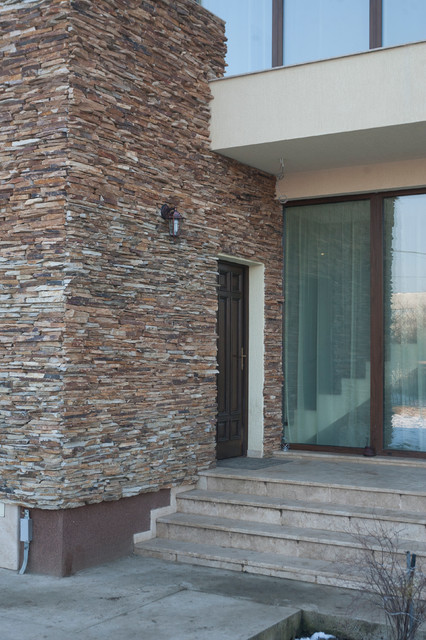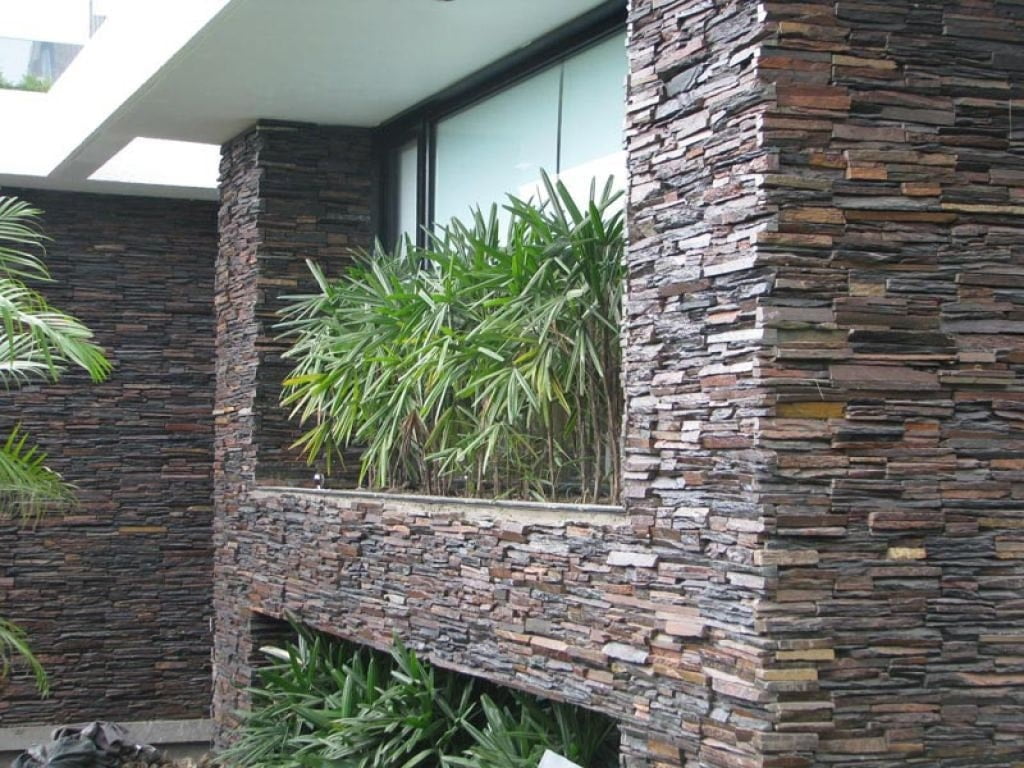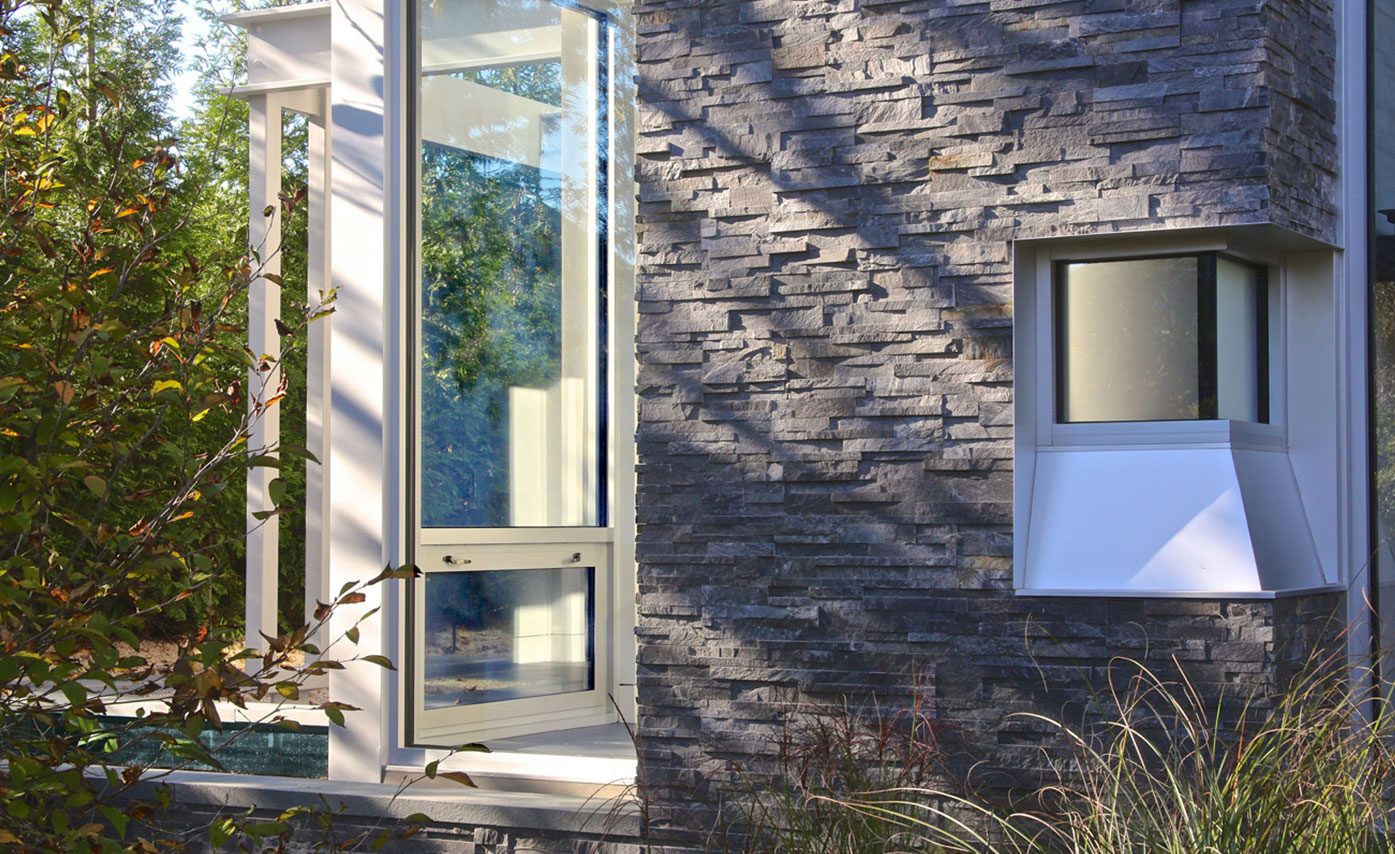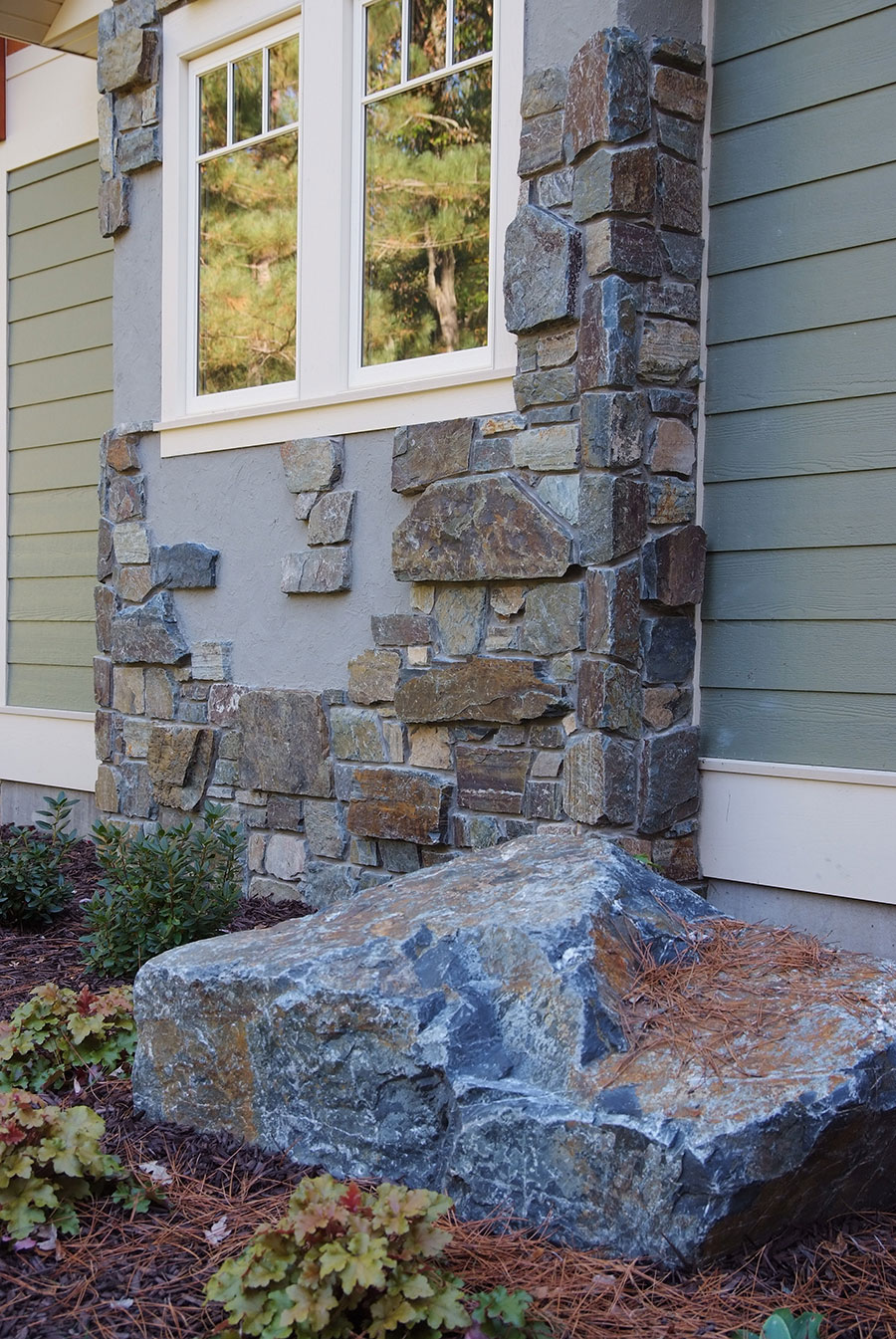When I first moved into my home, I was struck by the potential of its exterior. However, the plain brick walls left me feeling uninspired. After much research and a bit of trial and error, I discovered the transformative power of decorative stone for exterior walls. In this article, I’ll guide you through everything you need to know about decorative stone, from the types available to installation tips, all while sharing my personal experiences along the way!
What is Decorative Stone?
Decorative stone refers to various types of stone products used to enhance the aesthetic appearance of surfaces, particularly on exterior walls. These stones can be natural or manufactured and come in an array of colors, sizes, and finishes. They offer a timeless elegance that can significantly boost your home’s curb appeal.
The Benefits of Using Decorative Stone for Exterior Walls
- Aesthetic Appeal: Decorative stone can completely transform your home’s facade.
- Durability: Natural stones are incredibly resilient to weather conditions.
- Low Maintenance: Unlike paint, decorative stone doesn’t need frequent touch-ups.
- Insulation: Stone provides additional insulation, keeping your home energy efficient.
- Increased Property Value: Quality stonework can enhance your home’s market value.
Types of Decorative Stones for Exterior Walls
Choosing the right decorative stone depends on your home’s style, your personal taste, and the climate in your area. Here are the most popular options:
1. Natural Stone
Natural stone, such as granite, limestone, and slate, is quarried from the earth and cut into various shapes. It’s perfect for a high-end, classic look.

2. Manufactured Stone
Also known as cultured stone, manufactured stone is made from concrete and designed to mimic the appearance of natural stone. It’s often lighter and less expensive.
3. River Rock
River rocks are smooth stones that create a rustic and natural appearance, perfect for a more casual or earthy aesthetic.

4. Flagstone
Flagstone is a flat stone often used for patios and walkways, but when installed on exterior walls, it creates a unique texture.
Choosing the Right Decorative Stone
When selecting decorative stone for your exterior walls, consider the following factors:

1. Budget
Natural stones tend to be more expensive than manufactured options. Establish your budget early on to narrow down your choices.
2. Climate
Some stones are better suited for specific climates. For example, slate is more prone to cracking in freeze-thaw cycles, whereas limestone is more resilient.

3. Color and Texture
Choose colors and textures that complement your home’s existing architecture and landscape. Light colors can make your space feel larger, while darker stones can create a cozy atmosphere.
4. Installation Method
Consider whether you want a dry-stack, mortar bed, or adhered installation method, as this can influence the type of stone you should choose.

Installation Methods for Decorative Stone
There are various methods for installing decorative stone, each with its own pros and cons:
1. Dry-Stack Installation
In this method, stones are stacked without any mortar. It allows for drainage and can create a more natural look. However, it may not be as durable as other methods.
Pros:
- More drainage capabilities
- Flexible and scenic designs
Cons:
- Less stability
- Weeds may grow between stones

2. Mortar Bed Installation
This traditional method uses a layer of mortar to bond the stones to the wall. It provides excellent durability but can be more time-consuming.
Pros:
- Robust and lasting
- More design freedom
Cons:
- Labor-intensive
- Lack of drainage could lead to water damage
3. Adhered Installation
This modern method uses a special adhesive to bond the stones directly onto a surface, often faster and easier than traditional methods.
Pros:
- Quick installation
- Lightweight options
Cons:
- May not be as strong as mortar or dry-stack methods
- Potential for adhesive deterioration over time
Cost Considerations
The cost of decorative stone can vary dramatically based on the type of stone, the installation method, and your location. Here’s a rough estimate of costs:
| Stone Type | Cost per Square Foot | Installation Cost |
|---|---|---|
| Natural Stone | $15 – $30 | $10 – $20 |
| Manufactured Stone | $10 – $25 | $5 – $15 |
| River Rock | $8 – $20 | $7 – $15 |
| Flagstone | $10 – $30 | $8 – $18 |
Maintenance Tips for Decorative Stone Walls
Once your decorative stone wall is installed, it’s essential to care for it properly to maintain its beauty. Here are some practical maintenance tips:
1. Regular Cleaning
Use a soft brush or pressure washer on a low setting to remove dirt and debris. Avoid harsh chemicals that could damage the stone.
2. Inspect for Damage
Check for cracks or loose stones regularly. Early detection can save you from costly repairs later.
3. Seal the Stone
Consider applying a stone sealer every few years to protect against stains and moisture.
DIY vs. Professional Installation
One of the critical decisions you’ll face is whether to tackle the installation yourself or hire a professional. Here’s a breakdown of the pros and cons of each option:
DIY Installation
Pros:
- Cost savings on labor
- Satisfaction from completing a project yourself
Cons:
- Requires time, effort, and skill
- Risk of poor workmanship
Professional Installation
Pros:
- Expert craftsmanship
- Warranty on workmanship
Cons:
- Higher overall cost
- Less control over the project timeline
Personal Touch: My Experience with Decorative Stone
After much contemplation, I decided to hire a professional for my decorative stone installation, mainly due to the complexity of my home’s structure. Watching the team work was mesmerizing; they treated each stone like a piece of art, and the result was beyond what I had envisioned. The finished product not only enhanced my home’s appeal but also became a talking point in the neighborhood!
Frequently Asked Questions (FAQs)
1. Can decorative stone be used on all types of homes?
Yes, decorative stone can complement various architectural styles, from traditional to modern homes. The key is to select the right stone type and color that harmonizes with your home’s design.
2. How long does decorative stone last on exterior walls?
With proper installation and maintenance, decorative stone walls can last for decades, and some can even last a lifetime!
3. Is decorative stone waterproof?
While natural stone is porous, sealing it can help prevent water absorption and protect your home from moisture-related issues.
4. Can I install decorative stone over existing siding?
Yes, decorative stone can be installed over existing siding, but ensure you check the structure’s integrity and moisture barriers before proceeding.
5. What is the best sealer for decorative stone?
Look for a breathable, water-repellent sealer specifically designed for natural stone to enhance protection without trapping moisture.
Conclusion
Choosing decorative stone for your exterior walls is an investment in your home’s beauty and value. Whether you opt for natural stone or a manufactured alternative, the rewards are plenty – both visually and structurally. Armed with the information provided here, you’re now equipped to embark on your decorative stone journey confidently. May your home shine as brightly as the unique stones that adorn it!